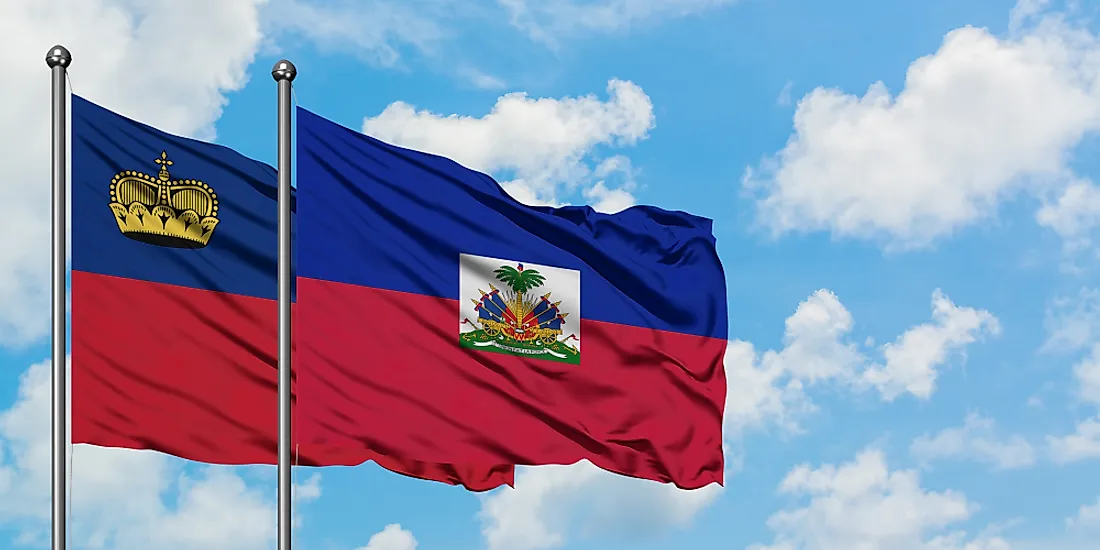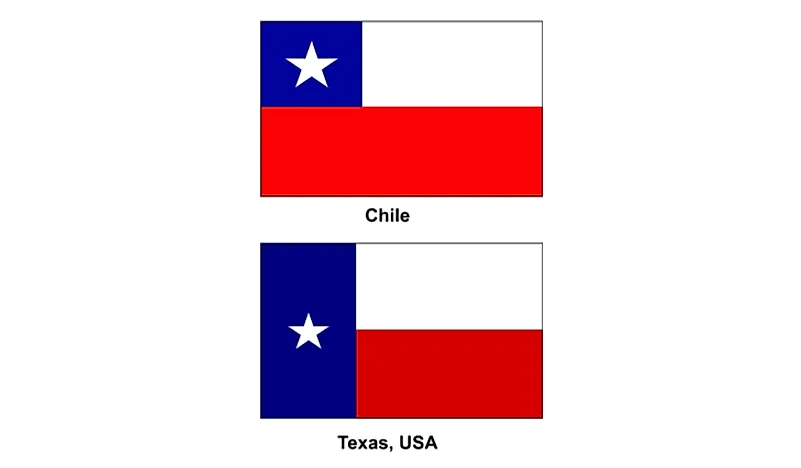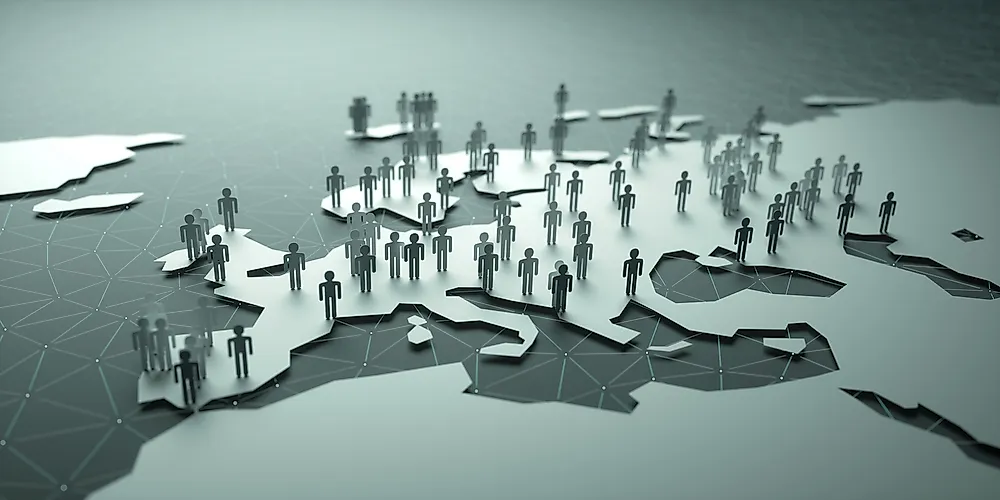Bosnia is a parliamentary representative democracy. The executive powers are vested in the Council of Ministers while the legislative power is vested in the Council of Ministers and the Parliament. The system of government in the country is unique and one of the most complicated in the world. There are three presidents in the country, who each represent the Bosnian, Croatian, and Serbian ethnic groups. They are heads of the state while the prime minister is the head of the government. The president with the majority of votes became the chairman of the presidents, although the chairmanship rotates after every eight months.
Presidential and parliamentary elections are held at the state level in Bosnia. The person with the most votes in each ethnic group becomes the president. The parliamentary assembly consists of the House of Representatives (42 members) and the House of Peoples (15 members). The presidents and the parliamentarians serve a maximum of two four-year terms. The presidents nominate their preferred candidates for the post of the Prime Minister who is then rejected or approved by the House of Representatives
The parliament of Bosnia and Herzegovina is located in the capital city of Sarajevo. The initial plan of the building was approved in 1954, but its construction began 28 years later. The building suffered heavy damage during the Bosnian war from 1992 to 1995. Repairs were completed in 2010, and the building resumed its role. The three presidents of Bosnia and Herzegovina reside at the Presidency Building in Centar Municipality, Sarajevo. The Presidency Building acts as the official residence and workplace of the presidents. Cabinet meetings are also held at the building.
The major political parties in Bosnia and Herzegovina include the Party of Democratic Action, the Alliance of Independent Social Democrats, the Serbian Democratic Party, and the Democratic Front, among others.
This page was last modified on May 1st, 2018
More on Graphicmaps

Published on 2019-11-06
What is a Trade Embargo?

Published on 2019-11-04
Which Two Countries Used to Have the Same Flag?

Published on 2019-09-16
What Is the Only Two-Sided State Flag?

Published on 2019-09-16
Which Country Flag Looks Like the Texas Flag?

Published on 2019-08-29
Flags That Resemble the US Flag

Published on 2019-08-20
